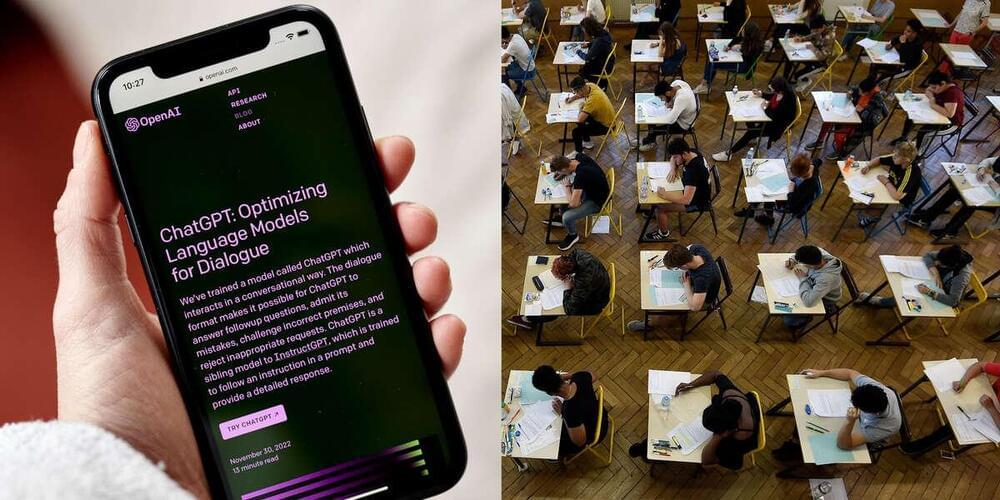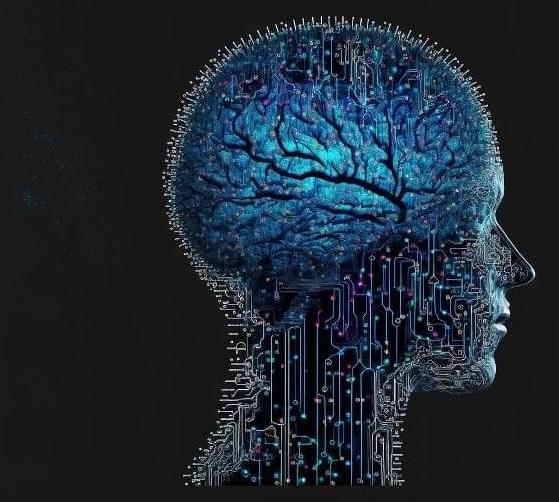(Sponsor) Take this survey and you can win new gear and help the Developer community (and mine): https://www.developereconomics.net/?member_id=whatsai&utm_medium=youtube.
References:
►Read the full article: https://www.louisbouchard.ai/musiclm/
►Agostinelli et al., 2023: MusicLM, https://arxiv.org/pdf/2301.11325.pdf.
►Listen to more results: https://google-research.github.io/seanet/musiclm/examples/
►My Newsletter: https://www.louisbouchard.ai/newsletter/
►Support me on Patreon: https://www.patreon.com/whatsai.
►Join Our Discord community, Learn AI Together: https://discord.gg/learnaitogether.
#ai #artificialintelligence #MusicLM





